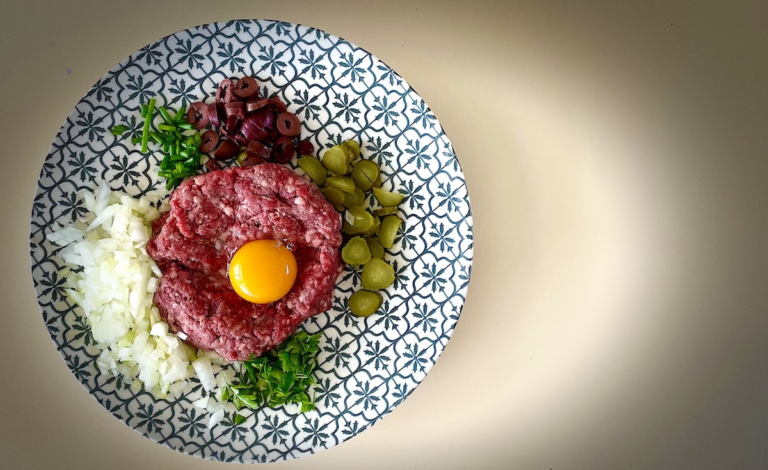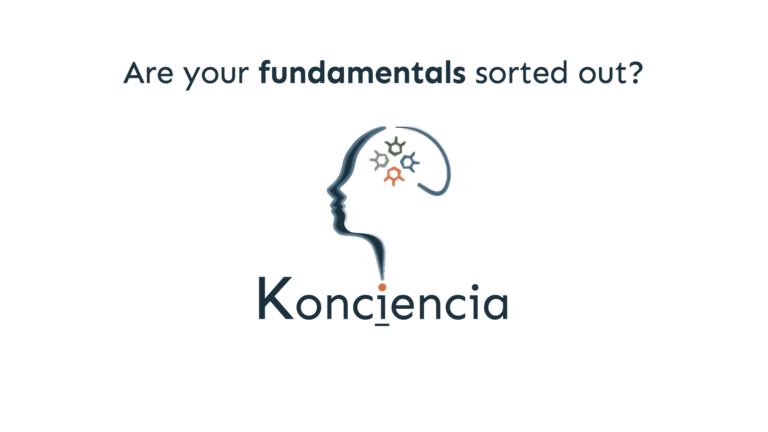The Role of Stress, Autoimmunity, and Nutrition on Thyroid Dysfunction: what are we doing TODAY that can affect our thyroid function.
Introduction
Hello everyone!
Thank you for joining today’s talk on thyroid health!
I’d like to remind you that the thyroid is this small, butterfly-shaped gland in your neck, but don’t let its size fool you—it plays a huge role in keeping your metabolism going, your energy up, and your overall health in check.
Thyroid disease -or dysfunction- is actually global health concern. As of this year, 2024, it is estimated that more than 200 million people worldwide are affected by some kind of thyroid disease (hypothyroidism, hyperthyroidism, Hashimoto’s, etc.), and us women and older people have it the hardest… so, most of us.
In some parts of Europe and North America, for example, 1 out of 4 women are affected by Hashimoto’s thyroiditis and an upward trend keeps steadily rising in most countries where there is proper record keeping, including countries in Africa, Southeast Asia and South America.
We’re bringing to you this topic today, because a lot of our clients suffer or have suffered from some kind of thyroid disorder, and we’d like to bring awareness to things that we may be doing (or not doing) that can help or destroy our thyroid.
Today, I’ll focus on three very important things that are -in many ways- in your control and that affect your thyroid:
- Stress
- Autoimmunity (Why does the immune system sometimes attack the thyroid?)
- Dieting and low energy intake.
By the end, I hope to give you a better understanding of how these factors impact your thyroid, and I also want to share some practical strategies to prevent or manage issues.
Part 1: How Stress Affects Thyroid Function
“Let’s start with stress. We’ve all experienced it, but did you know that chronic stress can seriously disrupt your thyroid?
When you’re stressed, your body releases cortisol (we’ve talked about this quite a bit, haven’t we?), a hormone designed to help you handle short-term challenges.
But, when cortisol stays elevated for too long, it starts interfering with the system that controls your thyroid—the HPT axis (this great avenue between your hypothalamus, pituitary and thyroid glands).
Here’s what happens under chronic stress:
- Reduced Thyroid Hormone Production:
- Cortisol suppresses a key signal called TSH—this is what tells your thyroid to produce hormones. Less TSH means less thyroid hormone overall.
- There are also Conversion Problems:
- Your thyroid produces two main hormones: T4, which is inactive, and T3, the active form that your body uses for energy.
- Under stress, cortisol blocks T4 from converting into T3 (there’s an enzyme that converts T4 into T3 that is blocked by cortisol).
- Instead, T4 is turned into something called reverse T3 (rT3), which does NOT work like T3, and your energy is 6 feet under.
- And, as we’ve discussed many times before, chronic stress also brings about Inflammation:
- Chronic stress increases inflammation, which can damage thyroid tissue over time (I’ll talk about it briefly in just a moment).
So, what can you do?
- One: manage your stress.
- Chill out. Practice relaxation techniques -did you hear that? I said PRACTICE… this is a daily thing. So do yoga, meditation, take breaks during your day (even 10 minutes can help lower cortisol levels), go walk around barefoot and ground yourself, speak your truth, find your purpose, get inspired, etc.
- Two: Nutrition:
- Focus on foods that support your thyroid, like Brazil nuts for selenium and leafy greens for magnesium, and so on.
- Three: Balance Your Routine:
- Avoid overdoing anything… avoid overworking or over-exercising… these behaviours also spike cortisol levels.
Part 2: Why Does the Immune System Attack the Thyroid?
“Now, let’s talk about autoimmunity. This is when your immune system, which is supposed to protect you, starts attacking your thyroid instead.
Autoimmune thyroid conditions are the most common cause of thyroid dysfunction. These include:
- Hashimoto’s Thyroiditis, which causes an underactive thyroid.
- Graves’ Disease, which causes an overactive thyroid.
But why does this happen? Why is the thyroid ‘attackable’?
- Genetics:
- If autoimmune conditions run in your family, you’re more likely to develop one. This does NOT mean that you will categorically develop them, but you are just more prone to having them if your environment (in and out) promotes them. OK? Genetics do not mean destiny.
- Environmental Triggers:
- Infections, like certain viruses, can confuse the immune system and make it attack your thyroid because fragments of it kind of look like viruses.
- Exposure to toxins or even high stress levels can amplify the immune response.
- Unique Features of the Thyroid:
- The thyroid absorbs iodine to make hormones, but sometimes this process creates these weird, harmful by-products that are still being studied…
- These by-products can damage thyroid cells, making them a target for the immune system.
How can we prevent or manage this?
- Dietary Changes (easy to control):
- Follow an anti-inflammatory diet (look it up), focus on colourful fruits, vegetables, and omega-3s from sources like wild-caught salmon or flaxseeds.
- If you have autoimmune tendencies, you might benefit from avoiding gluten—it can often triggers inflammation.
- Focus on Key Nutrients:
- Selenium: Found in Brazil nuts and fish, this mineral can reduce thyroid antibodies.
- Vitamin D: Essential for keeping the immune system balanced, working, modulated.
- Zinc: Helps both thyroid function and immune regulation.
- Stress Reduction:
- Actively relax. Make it a priority. Chronic stress is a known trigger for autoimmune diseases, so practicing relaxation techniques (as we discussed just before) is critical.
Part 3: How Dieting and Low Energy Availability Affect Thyroid Function
“Lastly, let’s discuss how dieting and low energy availability—or LEA—can harm the thyroid.
What is LEA?
We talked about this a couple of weeks ago… LEA happens when you don’t eat enough calories to meet your body’s needs. Your body senses the calorie shortage and starts conserving energy, which slows your metabolism.
Here’s how LEA affects your thyroid:
- Reduced T3 Production:
- Your thyroid makes less T3, the hormone that keeps your metabolism running.
- Instead, more T4 is turned into reverse T3, which slows things down even further.
- Increased Cortisol:
- When your body thinks it’s in “starvation mode,” cortisol rises. This not only disrupts thyroid function but also adds stress to your body.
- And, lastly, with dieting, you have fewer nutrients, obviously:
- Extreme diets often cut out key nutrients like iodine, selenium, and iron, all of which are critical for thyroid health.
What are the consequences?
- Symptoms of an underactive thyroid, like fatigue, weight gain, feeling cold, mood swings, no energy, being and feeling imbalanced.
- You get further hormonal imbalances, and can get irregular periods, more swings, and so on.
How can we prevent this? Well, self-fuel.
- Eat Enough Calories: Make sure your food intake matches your energy needs.
- Don’t Cut Out Entire Food Groups: Especially carbohydrates, which are essential for T3 production. You can cycle, and be low carb for a while, but make sure you do implement carb-ups often.
- Focus on Nutrient-Dense Foods: Include iodine-rich foods like seaweed and eggs, selenium-rich foods like seafood, and zinc-rich foods like pumpkin seeds.
- Frequent/predictable Meals: Eating regularly can prevent spikes in cortisol. I’m not asking you to eat every 2 or 3 hours, but make your meals consistent, respect your fasting hours (12, 13, 16 whatever you’re trained for), but just make sure you are fuelling properly.
Conclusion and Takeaways
“Let’s wrap up with some key takeaways: let’s practice more self-love, self-regulation and self- fuelling (I don’t really have to put the self before fuelling, but it brings a sense of responsibility to it.
- Stress disrupts thyroid function through cortisol and hormone imbalances, so managing stress is essential for thyroid health.
- Autoimmune thyroid conditions happen when the immune system mistakenly attacks the thyroid, but a balanced diet, stress reduction, and proper nutrients have shown to help prevent and manage this madness.
- Extreme dieting or low calorie intake harm the thyroid, but you can avoid these issues with balanced nutrition and proper energy intake. Let’s leave the hard-core dieting in the 80s, shall we?
Thank you so much for listening today! Remember, the thyroid is small but mighty. By understanding these connections, you can take steps to support your health and well-being.
If you have any questions, please comment below.







